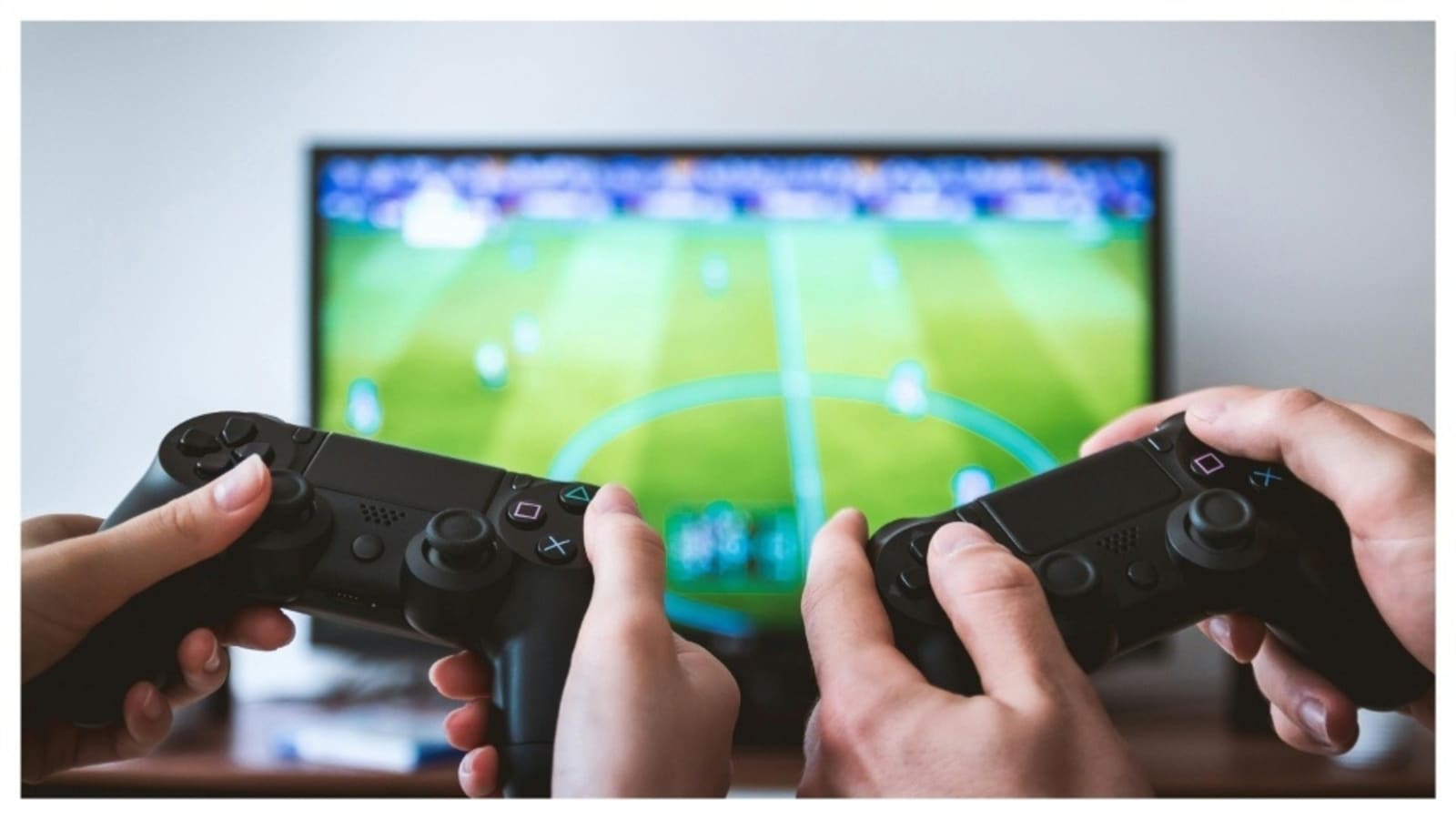Video games are often frowned upon, leading to grounding or even strict bans in many households. They are frequently blamed for mental health problems, particularly due to concerns about addiction. However, video games exist in a complex grey area.
While they might seem like a relaxing way to unwind and a favourite leisure activity, playing video games is like walking on a tightrope, testing your ability to balance both pros and cons. A study conducted in Japan between 2020 and 2022 with nearly 100,000 participants, found a positive correlation between video game use and improved mental well-being. However, the research also cautioned against the potential negative consequences.

ALSO READ: PM Narendra Modi outlines vision for 6G; pushes for need to produce games in India Benefits and drawbacks Video games serve as a form of escapism, helping to reduce anxiety and stress . The study finds that even merely owning a video game console can elevate life satisfaction. Additionally, video games offer a cathartic experience and provide a creative outlet for improving cognitive skills, problem-solving abilities, visual-spatial navigation, and hand-eye coordination.
However, conversations with teammates during matches are often misinterpreted as genuine socialization, leading to flawed notions of real-life communication. Low physical activity raises health concerns, and regular gaming can sometimes turn into an addiction , negatively affecting eating and sleep behaviors. But, imposing a blanket ban on video games is not the solution.
When something is forbidden, it's even more desirable. Instead of banning, aim for balance. ALSO READ: Is your child obsessed with video games? Here’s how it can affect young brains Striking a balance To maximize the potential benefits of video games, it's important to minimize the risks by playing them in moderation.
Ensure that gaming time doesn't encroach on or disrupt essential activities like eating, sleeping, exercising , and other daily routines. The world should not revolve around the video game. Setting clear time limits, monitoring screen time, and encouraging physical activities are necessary to keep video game consumption in check.
Occasionally rewarding adherence to strict time limits can motivate continued compliance. Ensure the games are age-appropriate and non-violent. Pay attention to eating patterns, especially if meals are being skipped or overeating occurs during gameplay.
Instead of resorting to punishment, sit down with your children and inform them about the drawbacks of excessive gaming. Deter them by discussing real cases where gaming went to extremes and caused harm. With appropriate parental guidance, a healthy relationship with video games can be nurtured.
.


















